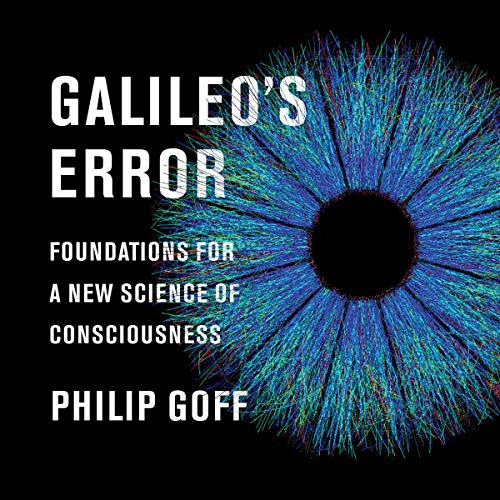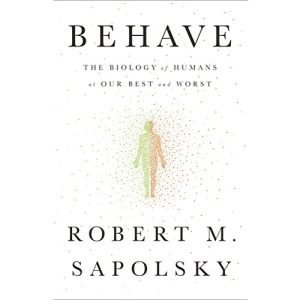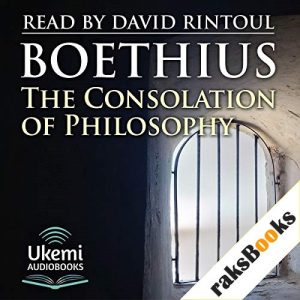From a leading philosopher of the mind comes this lucid, provocative argument that offers a radically new picture of human consciousness – panpsychism
Understanding how brains produce consciousness is one of the great scientific challenges of our age. Some philosophers argue that consciousness is something “extra”, beyond the physical workings of the brain. Others think that if we persist in our standard scientific methods, our questions about consciousness will eventually be answered. And some suggest that the mystery is so deep, it will never be solved.
In Galileo’s Error, Philip Goff offers an exciting alternative that could pave the way forward. Rooted in an analysis of the philosophical underpinnings of modern science and based on the early 20th-century work of Arthur Eddington and Bertrand Russell, Goff makes the case for panpsychism, a theory which posits that consciousness is not confined to biological entities but is a fundamental feature of all physical matter – from subatomic particles to the human brain. Here is the first step on a new path to the final theory of human consciousness.
Cover image: Gold Beam Collision Recorded at STAR. Copyright Brookhaven National Laboratory (Creative Commons). Full image available at Flickr.com.








Reviews
There are no reviews yet.